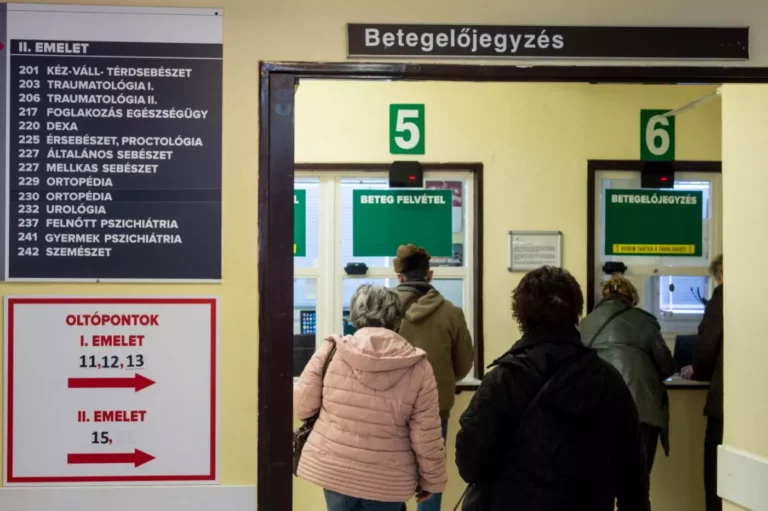Coronavirus in Hungary
Almost 5 thousand new infections in Hungary, government’s Covid site ends operation

Threat of ‘tripledemic’ looms over holidays in Hungary

Hungarian government successful in crisis management?

Hungarians’ greatest fears revealed

Coronavirus: a ward of one of Budapest’s most important hospitals has secretly been closed

Life expectancy has fallen dramatically in Hungary

The coronavirus returns to Hungary in the middle of the energy crisis?

Hungary sending thousands of vaccines to Montenegro

Hungary receives first shipment of Pfizer/BioNTech’s Omicron-specific vaccine

12,157 new coronavirus cases last week
Fully 12,157 new Covid-19 cases were registered last week, while 100 people died in connection with the virus, koronavirus.gov.hu said...
Data about the spread of COVID in Hungary revealed

Will restrictions return in Hungary again from autumn?

Hungary’s “deadliest” COVID vaccine revealed

Budapest Airport passenger numbers close to 1.3 m in July

Rubber bullet weapon shortage: Hungarians preparing for self-defence

Hungarian virologist: mask wearing may soon return in Hungary

Replacement of immunity certificate to be paid for from September in Hungary

Coronavirus – 21,840 new cases last week, 96 fatalities





 ZH
ZH IT
IT DE
DE HR
HR NL
NL FR
FR JA
JA RO
RO RU
RU ES
ES TR
TR
